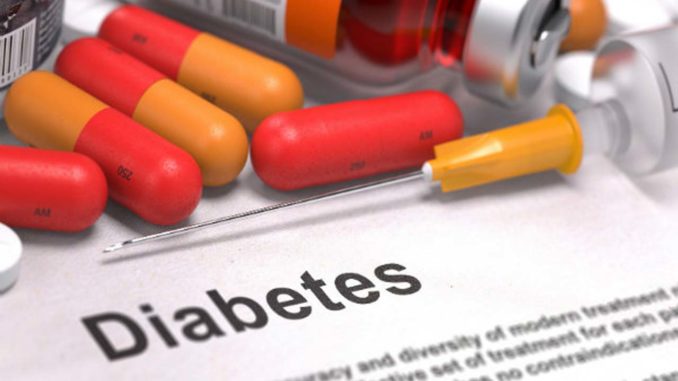
A single course of antibiotics early in childhood may increase risk for Type 1 diabetes.
This is the finding of a study in mice led by researchers from New York University (NYU) Medical School and published online July 24 in the journal eLife.
The study centered on the intestinal microbiome, the mix of bacterial species that live in the digestive tract, and that co-evolved with humans to play roles in nutrition and immunity.
As rates of children’s exposure to antibiotics has increased in recent decades – with each child receiving nearly three courses on average in the first two years of life – the number of patients with type 1 diabetes has doubled, say the study authors.
In prior work, and using mice that have an unusually high rate of type 1 diabetes, the research team had found that exposure to multiple courses of antibiotics accelerated onset of this disease.
The current study finds that even a single antibiotic course significantly increased risk and severity.
The normal mix of inherited microbes is thought to “educate” the founding immune system, with evolution choosing microbes that decrease the sensitivity of immune cells, making them less likely to mistakenly attack the body’s own cells, say the authors.
In autoimmune diseases like type 1 diabetes, immune cells that normally control invading microbes instead destroy insulin-producing cells in the pancreas.
Patients with type 1 diabetes produce little or no insulin, the hormone that controls the level of sugar in the blood.
In the current study, the onset of disease was determined by measuring blood sugar, and by marking when levels rose to extremely high levels due to the lack of insulin.
END

Be the first to comment